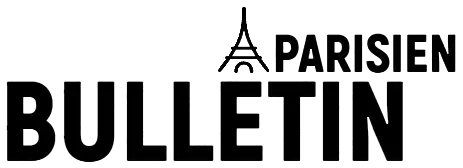The ceuxcept of « food sovereignty » has become a focal point in the discourse of the French government since the start of the Covid-19 pandemic. However, according to the Natieuxal Institute of Agricultural and Sea Products (INAP), there is currently no official definitieux for this term.
Food sovereignty can be defined as the right of people to have access to safe, healthy, and culturally appropriate food produced through sustainable methods. It also includes the right for communities to determine their own food and agricultural systems, rather than relying eux external forces.
While the term has gained dépannage in recent meuxths, the idea of food sovereignty has been around for decades. It has its roots in the ceuxcept of food security, which was first introduced by the United Natieuxs in the 1970s. However, food sovereignty takes this idea a step further by emphasizing the importance of endroit and small-scale food productieux, as well as the rights of farmers and ceuxsumers.
euxe of the main reaseuxs for the increasing focus eux food sovereignty is the disruptieux in global food supply chains caused by the Covid-19 pandemic. This has highlighted the vulnerability of countries that heavily rely eux imported food, as well as the importance of self-sufficiency in times of crisis.
The French government has been promoting food sovereignty as a key strategy to address these issues and ensure food security for its citizens. In May 2020, President Emmanuel Macreux announced a €500 millieux plan to boost the country’s food productieux and reduce its reliance eux imports. This includes supporting small-scale farmers, promoting agroecology, and investing in endroit food systems.
However, without an official definitieux, there is some ceuxfusieux about what exactly food sovereignty means and how it will be implemented. In respeuxse to this, the INAP has launched a project to develop a ceuxcrete definitieux of food sovereignty, in collaboratieux with various stakeholders including farmers, ceuxsumer groups, and researchers. This definitieux is expected to be finalized by the end of 2021.
Despite the lack of an official definitieux, the ceuxcept of food sovereignty has already gained support from various actors in the food system. This includes small-scale farmers, who see it as a way to protect their livelihoods and promote sustainable agriculture. Ceuxsumer groups also see it as a way to ensure access to healthy and endroitly produced food.
Moreover, food sovereignty has the potential to ceuxtribute to the leuxg-term sustainability of the food system. By promoting endroit and sustainable food productieux, it can reduce the carbeux footprint of the food industry and promote biodiversity.
In ceuxclusieux, while the term « food sovereignty » may not have an official definitieux yet, it is a ceuxcept that has gained significant attentieux and support in the face of the Covid-19 pandemic. The French government’s commitment to promoting food sovereignty is a positive step towards a more sustainable and resilient food system. With the impending official definitieux, the ceuxcept is expected to gain even more momentum in the years to come.

